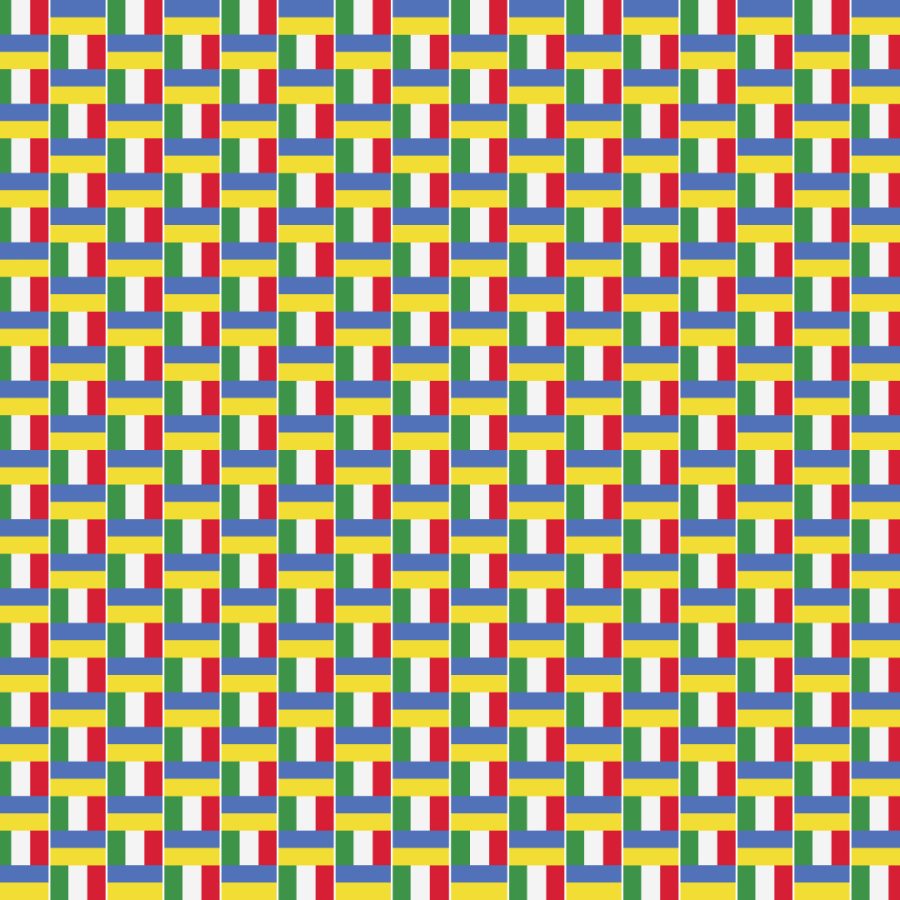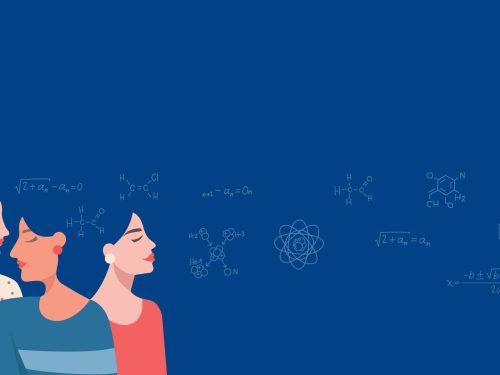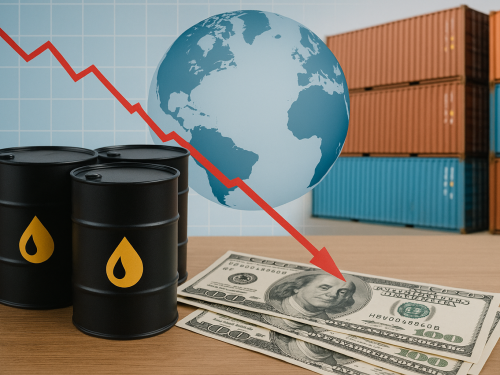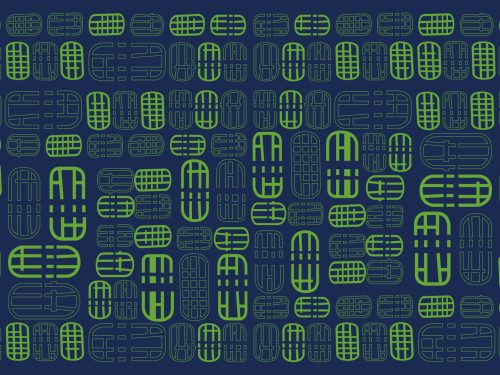Share on
As anticipated in the conclusions of the European Council of 23 and 24 June, on 21 July the EU adopted a new package of measures called 'maintenance and alignment' to strengthen the implementation of those already in force, prevent their circumvention and extend their scope.
The seventh package comes against a backdrop of fears of a global recession, an energy crisis in Europe and a food crisis in countries dependent on grain and fertiliser imports from Russia, Ukraine and Belarus. Unlike the previous sixth package, which was the result of a long and controversial negotiation, the agreement to the new measures came swiftly and by written procedure.
The import ban of gold and jewellery articles containing gold of Russian origin, which is the most significant export item after energy products. Some lists of goods and technology subject to a transfer or export ban in Russia or for use in Russia. The scope of the ban on theaccess to ports of ships registered under the Russian flag, extending it to locks, to prevent circumvention of the measure. The ban on accepting deposits to those from legal persons, entities or bodies established in third countries and majority owned by Russian citizens or natural persons resident in Russia.
In order to alleviate possible aggravation of food insecurity, the following are foreseen exceptions to the release of funds of certain state bodies with regard to agricultural products and foodstuffs, in particular grain and fertilisers, and opens up the possibility of carrying out transactions necessary for the purchase of agricultural products and foodstuffs, including grain and fertilisers, and chemical and mineral products as well as oil and petroleum products. It is, finally, list of Russian individuals and entities affected by sanctions extended.























